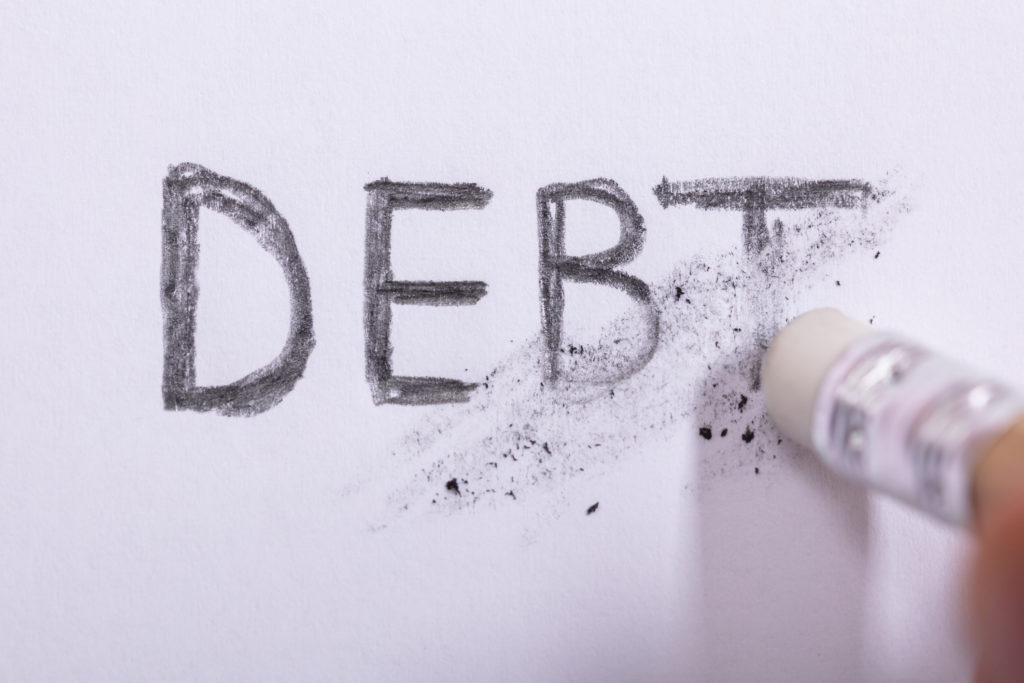Reciprocity: The Persuasive Gift that Keeps Giving

Have you ever wondered why you feel compelled to return a favor?
Does the thought of “owing” someone create the kind of psychic angst that makes you want to make good on that IOU as soon as possible?
You can thank one of our more enduring social contracts for such unease. Once a person has done you a favor, or given you a gift, you are expected to (and believe you should) return the gesture. Society depends on the belief that if you extend a hand, there will be a hand to grasp when you need it.
Robert Cialdini, a social psychologist and bestselling author of Influence: Science and Practice, calls this principle “Reciprocity.” It’s a powerful trigger that moves us to action.
Given it is such a powerful motivator, it is a particularly persuasive technique. When it comes to your presentation, knowing how to tap this longstanding response is an effective way of getting another person to come to your way of thinking.
The Power Behind ‘Reciprocity’
There are a couple of reasons this technique gets people to act. It works because:
- We don’t like to be in a state of obligation. So, we try to cash in our social IOU as soon as possible. We feel this obligation even if we didn’t expect the gift or want what the person is offering. Such behavior was revealed in a study by Cornell University professor and psychologist Dennis Regan. He tested how study participants would respond whether they received or didn’t receive an unexpected gift of a can of soda from their fellow participant (who was really a researcher). After the experiment, the researcher asked his “fellow subjects” to buy raffle tickets. The ones who received the soda were more likely to say yes.
- We feel an obligation to make a concession when someone does the same for us.
- It also works best when the gift is genuine. The gift cannot be conditional upon getting an expected response. Mutual appreciation will lead to more lasting changes and acceptance than a relationship built solely on incentive and short-term reciprocity.
Here are some everyday examples of reciprocity:
Months ago, your boss, unbidden, let you cut out early. This week, you see he is behind on a project. You offer, unprompted, to come in early to help him finish.
You are at a community festival and a local bank is giving away free coffee mugs. As you approach the table, you ask whether you must do anything to receive your gift. The volunteer says, “Yes, just enjoy it.” Months later, when you are shopping around for a home equity loan, your eyes fall upon that coffee cup. You set up an appointment at the bank to discuss options.

How to use it:
Here are some examples of how reciprocity can make your pitch more persuasive.
Redeem your IOUs. You’ve run the IT department at your company for years and have always, and promptly, responded to coworkers’ requests and issues. This year, you are heading a company-wide community service project. Here’s how you might close your volunteer recruitment presentation session:
“As you all know, I genuinely like helping others and solving problems. Today, I’m hoping you will join me in doing the same. I’m passing around a sign-up sheet for our upcoming community service project. I’d love to see all of your names on the list.”
Preemptive rebuttal. As the manager of a manufacturing plant, you are instituting changes that employees don’t like. You are giving a talk about the rollout of these new workflows. You know the workers will be running opposing arguments through their heads, so you open with a concession:
“I understand these changes are unpopular. I also concede these are going to be fairly disruptive as we roll them out. But what I ask you today is to hear me out. I will focus on three areas that I believe initially may be the most difficult to implement in the short-term but will lead to better working conditions within a year.”
Offer a gift. You believe in your product, so how will you convince others to, as well? Offer a free sample or gift – no strings attached. Maybe it’s a chapter to your book or a link to attendee-only information. Your gift also could be metaphorical – time, perhaps. For instance, you could point out that your audience is going to learn the secrets of how to go from chronic stress to chronic joy in 30 minutes, rather than the 20 years it took you.
Ethics of persuasion
True compliance is rarely achieved by strong-arm tactics. Long-term change only comes when your audience intrinsically believes the argument for change that you are making – to join a cause, donate money, buy a product, change their habits, or whatever the call to action – is in their best interest.
You will never convince anyone to do what they don’t want to do. You can, however, sway someone to consider your way of thinking. Reciprocity is just a persuasive tool that will help you to do that.
This is Part One of three techniques that can help you to become a more persuasive presenter. Look for Part Two in a future post.


